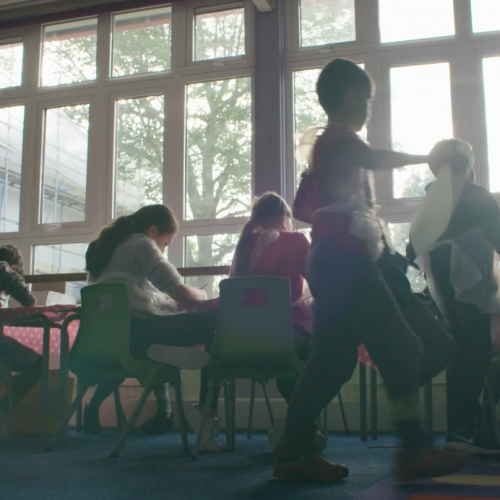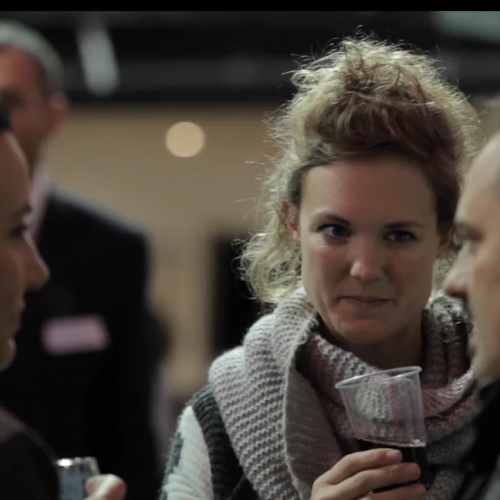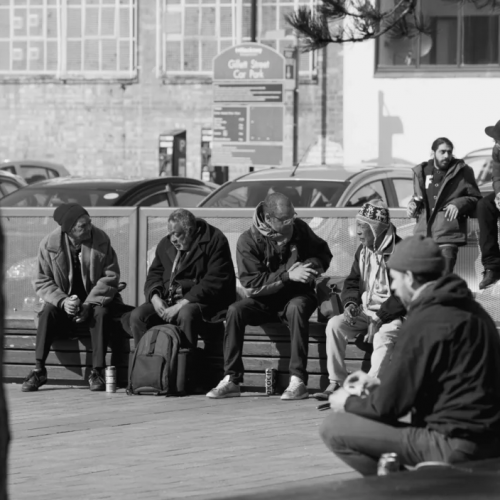Lankelly Chase
People facing severe and multiple disadvantage have been pushed to the extreme margins of UK society. Lankelly Chase wants to change this by supporting innovative work aimed at helping everyone to lead rewarding lives.
Bottom line
Lankelly Chase are taking a different approach to funding and are fundamentally rethinking the role of a funding organisation. They particularly work hard to change the systems that perpetuate severe and multiple disadvantages – the clusters of problems that happen together in the lives of people with a disadvantage. They believe that in order to shift systems, it is worth investing time in creating open, trusting relationships.
Why it matters?
There has been a realisation that change has to start internally. After changing mission seven years ago, the Lankelly Chase have been focussing, at an organisational level, on what role a funder plays in bringing about systems change. With the overall purpose of changing the systems that perpetuate severe and multiple disadvantages, they develop and support action inquiries into the required changes. They believe that any one person or organisation does not have all the answers, and these inquiries needs to be collective and collaborative.
- This has principally happened through rethinking the relationship between themselves, as a funder, and their beneficiaries. Collaboration doesn’t happen overnight, and a certain degree of trust and a shared language has to be developed.
- Traditional evaluation models are designed and set up in a way to prove something as a success, and rarely provide a chance to reflect on what might have gone wrong, and where they are struggling.
- It is necessary to hear a variety of different voices and Lankelly Chase are aiming to have much more reflective learning conversations with partners about what they are learning and how they think change is happening. There is an absolute need to emphasise authentic human connection for making reflective learning work.
- Their inquiries into changing systems have been progressing, centred around knowledge action (understanding the system with severe and multiple disadvantages better), place action (improving particular places with their own patterns and behaviours affecting people with severe and multiple disadvantages), and power action (working on how to share power amongst people marginalised in a society).
Go deeper
- Lankelly Chase foundation home page.
- Lankelly Chase’ Theory of Change
- Lankelly Chase’ approach to Systems Change
- Lankelly Chase’ partners and partnership


